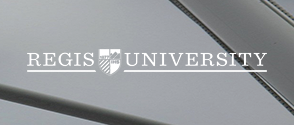Abstract
This is a case study of a session with a subject. The subject’s name is philosophy. Philosophy needs a counseling intervention due to the development of an epistemological rupture revealing two routes into or upon knowledge. This problem that philosophy faces arises along two epistemological routes, called truth and reality. The significant issue of philosophy is how to reconcile a true reality. The proposal at hand for this consideration by philosophy is that a reconciliation is most effective though argumentative validation in orientation over argumentative proof in ideological reduction. Our effort here works toward the truth of reality found through validation, while also revealing in its course that the reality of truth suffers from a necessity for an argumentative reductive proof. However, the subject is resistant and generally myopic in its ability to reckon truth sensibly; thus, the proposal of orientation concerns more an ability to consider evidence of the rupture and less the argument to prove the rupture is epistemologically coherent. The intervention for the subject is to interrupt the processual manner that we shall term the real conventional philosophical method. This essay-as-intervention develops the theme through which the philosophical decree of subject material is negotiated as reality. The proposal is that by exposing philosophy to its basic and founding problem, we will find
Recommended Citation
Kair, Lance
(2022)
"An Application of The Two Routes in Counseling Philosophy,"
Counseling and Family Therapy Scholarship Review: Vol. 4:
Iss.
1, Article 5.
DOI: https://doi.org/10.53309/2576-926X.1043
Available at:
https://epublications.regis.edu/cftsr/vol4/iss1/5
Included in
Counselor Education Commons, Marriage and Family Therapy and Counseling Commons, Psychoanalysis and Psychotherapy Commons


